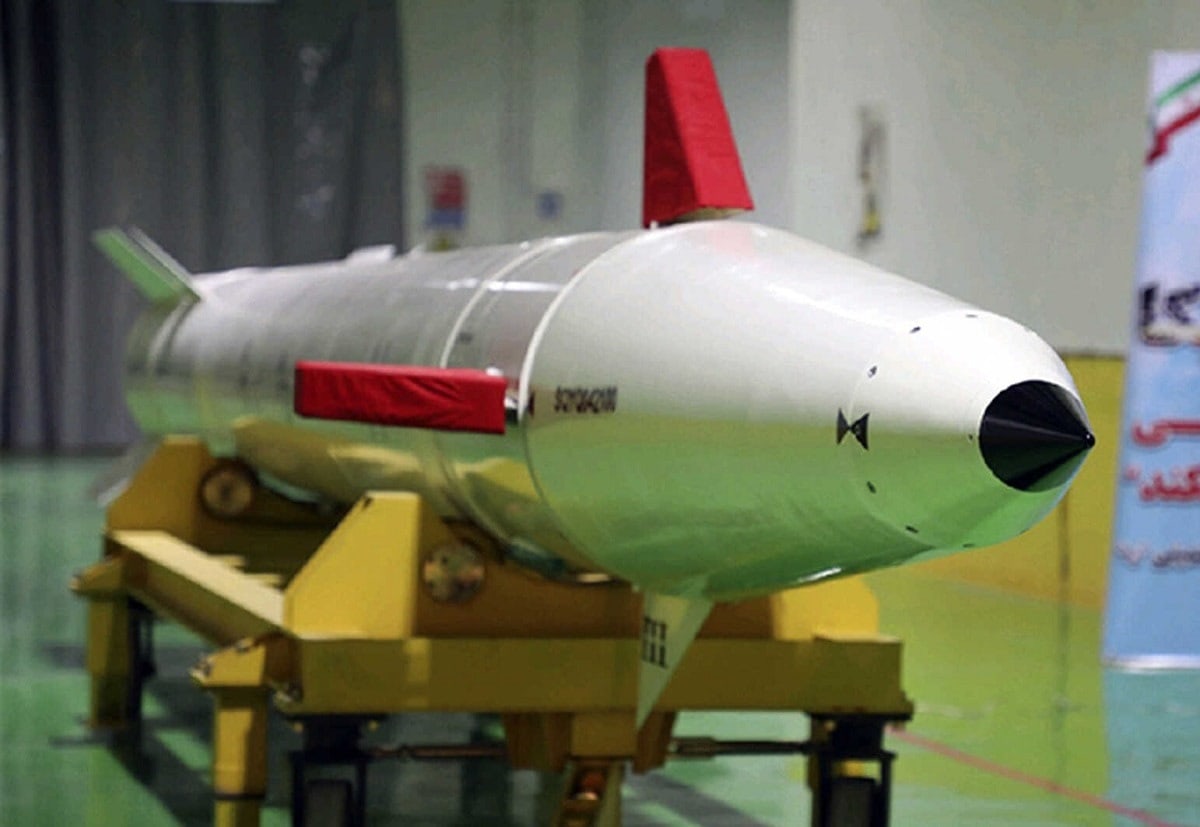Speaking before the House Appropriations’ Defense Subcommittee on March 23, 2023, Gen. Mark A. Milley, chairman of the Joint Chiefs of Staff, said Iran’s nuclear program is now at “inflection point.”
That the Islamic Republic has made vast progress toward a nuclear weapon over the past two years is not news, though partisans debate the reason.
They should not.
While President Joe Biden’s supporters blame that progress on President Donald Trump’s decision to walk away from the 2015 Joint Comprehensive Plan of Action, the timeline of Iranian nuclear enrichment shows a much closer correlation to Biden’s decision to end “maximum pressure.”
Iran today acknowledges enrichment to 90 percent, not only far above a level needed for civilian power generation but also above the approximately 80 percent enrichment level of the nuclear bomb the United States dropped on Hiroshima.
A Change in Policy on Iran?
The real surprise in Milley’s testimony was his statement that “The United States remains committed, as a matter of policy, that Iran will not have a fielded, nuclear weapon.”
Words matter, and Milley’s insertion of “fielded” is the national security equivalent of a White House holiday weekend embarrassing document dump. In effect, Milley shifts US policy from denying Iran a nuclear weapon to acknowledging that the United States will not take action so long as a nuclear Iran does not deploy its nuclear weapons.
Biden, Milley, and their wordsmiths may believe they are clever, but they fool no one.
First, the new policy hemorrhages US credibility in the region. Fifteen years ago, Senator Hillary Clinton told Gulf Arab allies that the United States would extend a nuclear umbrella over them should Iran ever develop a nuclear weapon. Far from reassuring them, her statement caused an uproar as, for decades prior, every US administration assured them that the United States would never allow Iran to get that far. At a time when Saudi Arabia and the United Arab Emirates are reconsidering their ties to China and Russia relative to the United States, this is a dangerous message to send.
It gets worse. Milley’s “fielded” condition is nonsense. The time to stop Iran’s nuclear program is before it develops a nuclear weapon. Is Milley saying that the United States would bomb or go to war against Iran only once it becomes a nuclear power? Is the Biden administration willing to risk nuclear war? While I personally oppose bombing Iran, if military force is on the table, would it not make more strategic sense to strike Iran before it gained nuclear deterrence?
There is also the question of policy consistency. If the condition for military action is fielding nuclear weapons, then why has the United States not attacked North Korea? That the United States has not struck the Hermit Kingdom 17 years after its nuclear test suggests further highlights the disingenuousness of Milley’s remarks. Nor is it clear the United States could detect “fielding” if, by that, Milley means assembling a weapon that Iran theoretically could launch from a truck bed or train.
American security is at its worst when its officials believe their own spin. Either Milley misspoke in which case he must urgently clarify his remarks or Biden has given up preventing Iran’s nuclear weapons breakout.
Either way, every Arab ally and Israel must conclude they cannot count on the United States. If they wish to prevent the world’s greatest state sponsor of terror from developing a nuclear arsenal, they must act unilaterally and now.
Author Expertise and Biography
Now a 1945 Contributing Editor, Dr. Michael Rubin is a Senior Fellow at the American Enterprise Institute (AEI). Dr. Rubin is the author, coauthor, and coeditor of several books exploring diplomacy, Iranian history, Arab culture, Kurdish studies, and Shi’ite politics, including “Seven Pillars: What Really Causes Instability in the Middle East?” (AEI Press, 2019); “Kurdistan Rising” (AEI Press, 2016); “Dancing with the Devil: The Perils of Engaging Rogue Regimes” (Encounter Books, 2014); and “Eternal Iran: Continuity and Chaos” (Palgrave, 2005). Follow him on Twitter: @MRubin1971.

